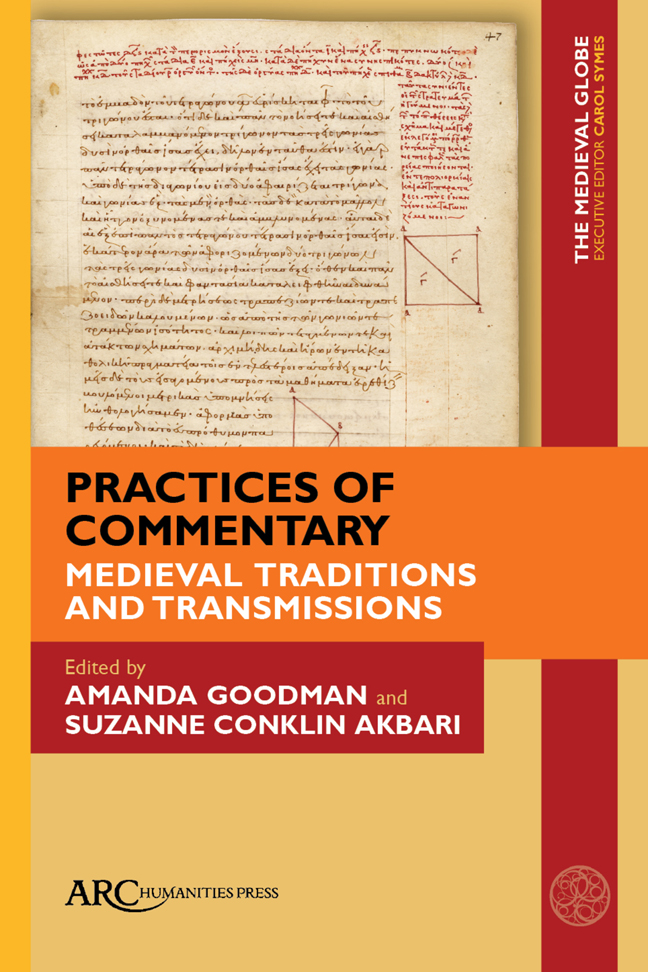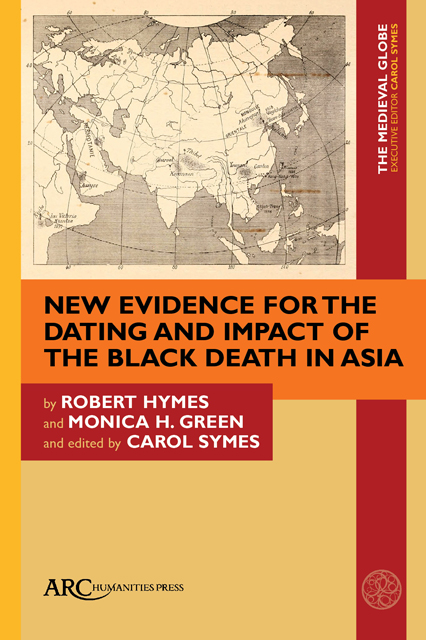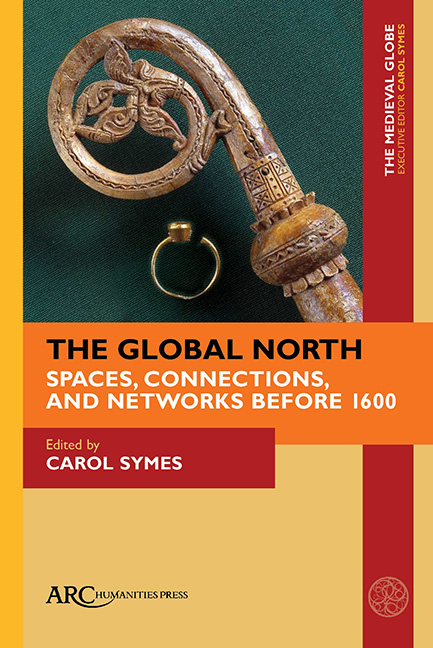4 results in The Medieval Globe

Medieval Strategies of Entreaty from North Africa to Eurasia
-
- Published by:
- Amsterdam University Press
- Published online:
- 18 December 2024
- Print publication:
- 30 April 2024

Practices of Commentary
- Medieval Traditions and Transmissions
-
- Published by:
- Amsterdam University Press
- Published online:
- 17 February 2024
- Print publication:
- 31 August 2023

New Evidence for the Dating and Impact of the Black Death in Asia
-
- Published by:
- Amsterdam University Press
- Published online:
- 06 April 2023
- Print publication:
- 30 November 2022

The Global North
- Spaces, Connections, and Networks before 1600
-
- Published by:
- Amsterdam University Press
- Published online:
- 20 January 2022
- Print publication:
- 31 December 2021

